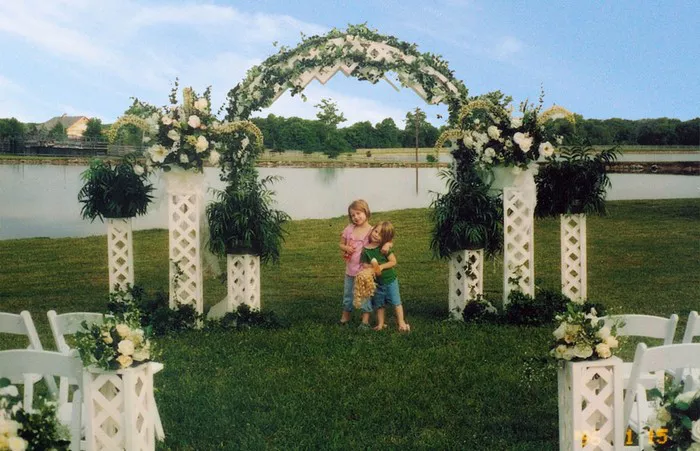Environmental consciousness has moved from wedding trend to non-negotiable priority, with 2024 seeing unprecedented innovation in sustainable celebrations. The latest data from the Green Wedding Alliance reveals that 83% of couples now incorporate eco-friendly elements into their weddings, up from just 29% in 2019. This shift goes far beyond recycled paper invitations—it’s sparking a complete overhaul of wedding traditions and creating a booming market for sustainable bridal solutions.
One of the most significant changes is in attire. The traditional “wear-once” wedding dress is being challenged by rental platforms like Happily Ever Borrowed, which saw a 400% increase in subscriptions last year. Designers are responding with modular gowns that can be reconfigured for post-wedding wear, and some brands now offer buy-back programs where they repurpose dresses into christening gowns or other heirlooms. For grooms, companies like Untouched World create suits from regenerative wool that decomposes naturally after use.
The food and floral industries have undergone similar transformations. Plant-forward menus featuring local, seasonal ingredients have become the norm rather than the exception, with many caterers now offering carbon footprint calculations for each dish. Floral designers are pioneering “zero-waste” arrangements using compostable mechanics and edible flowers that later become cocktail garnishes. Perhaps most innovatively, some couples are opting for “living centerpieces”—potted plants that guests take home to grow rather than cut flowers that wilt after a single evening.
Perhaps the most radical sustainability development is the rise of “regenerative weddings,” where couples actually improve environments through their celebrations. Organizations like Positive Weddings help plan events that include tree-planting ceremonies, beach cleanups as guest activities, or even funding solar panels equivalent to the wedding’s energy use. Destination weddings now frequently incorporate carbon offset programs, with some resorts offering package deals that include planting mangroves to protect local coastlines.
As climate concerns grow more urgent, sustainability in weddings has shifted from virtue signaling to genuine values expression. The wedding industry’s total carbon footprint decreased by 18% last year despite increased spending—proof that luxury and environmental responsibility can coexist. With Gen Z couples now entering the wedding market, this green revolution shows no signs of slowing down.


